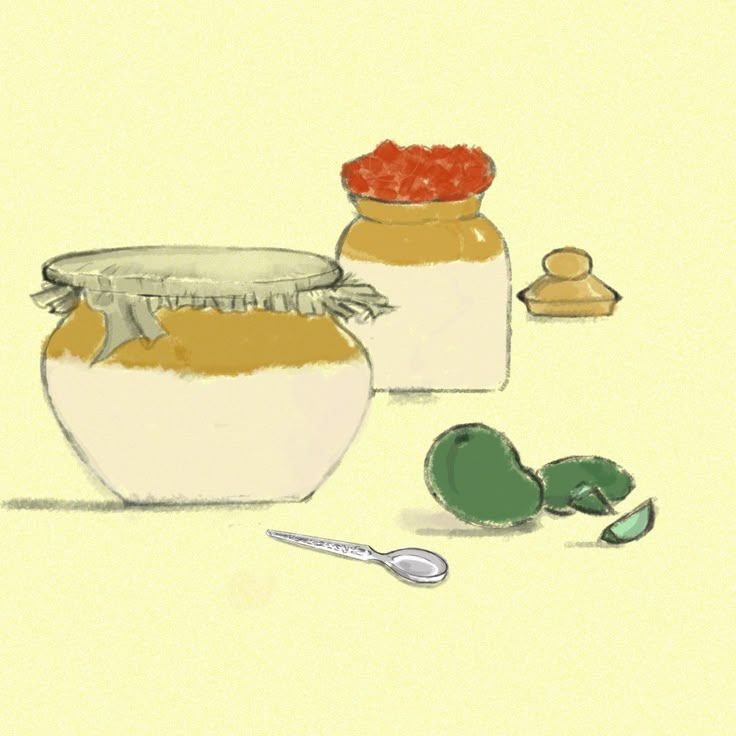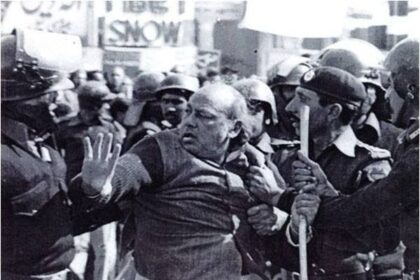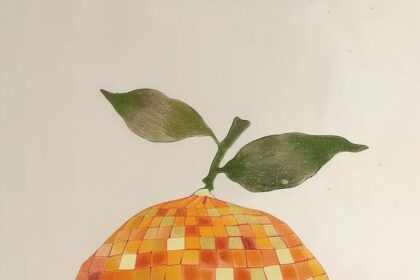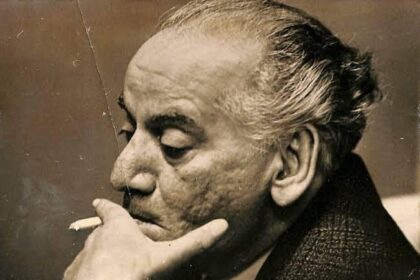My therapist asked if I still believe in love.
I said nothing.
But that night,
I wrote crooked poems in the margins of bills,
smelling of burnt cumin and unspoken things.
Love, in our home, was not offered in language.
It lived in leftovers reheated three times,
in chai cups left untouched but never discarded.
The women before me didn’t write poems about their heartbreaks.
They stitched them—
into shirt linings,
folded them into pressed creases,
washed them with river water
and dried them in sunlight
they never dared to turn toward.
And me?
I whisper your name like an unanswered prayer,
pouring grief into 3 a.m. cups of tea—
cold before I could take a sip,
hoping you’d see constellations in my eyes—
the ones I traced with rage.
I stored you the way Nani stored mango pickle—
tucked behind steel canisters, away from guests,
but close enough to reach on tired days.
You are my secret ache.
My quiet festival.
I sweep your silence into corners,
like Amma swept dust beneath the bed—
hoping that softness might invite you back,
somewhere to rest, even for a moment.
I have named myself your home,
washed the floors of my heart three times a day,
waiting for your return.
But I can see you leaving barefoot,
like men in old stories.
The kind who forget
which door led them to warmth.
I didn’t learn to love loudly.
I learned to ration it at the end of the month.
Carefully.
Like rainwater in summer.
Like belief in a god who never showed up
for the women who waited.
I have loved in the way women before me survived—
quietly, insistently,
through kitchens and keening,
through rooms where no one waited for them to speak,
but they hummed anyway.
I now taste March in bitter tea.
And June—
June is punishment.
Smells like burnt rice
and old bangles that no longer fit.
The walls know.
They’ve started cracking in places
even sunlight won’t touch.
I once prayed so hard
I swear the walls shook.
But you built nothing
where I am bleeding altars.
I have seen my grief in inherited things:
Nani’s silver ring, too tight for my finger.
Amma’s silence—
scraped like burnt bits off the bottom of her life.
And me,
still trying to sing the way rivers remember songs.
I want the women before me to tell me
how they kept singing into absences.
How they pressed silence into their palms
until it felt like prayer.
Because I am tired of being a temple
with no visitors.
I am getting tired of haunting someone
who forgets to grieve me.
They say the ones we love always return.
But sometimes,
they run barefoot into someone else’s story.
And sometimes,
the ache stays folded in our old dupattas—
smelling of jasmine, and loss,
and the kind of love that outlives us.
I do not sing.
But some nights, when the fan hums just right,
my body remembers the women before me—
those who loved without being chosen.
Those who cracked
but did not fall.
And I carry them.
In playlists without titles.
In poems that end mid-line.
In prayers that begin with your name,
and end in mine.
—Noor ul Taba
















